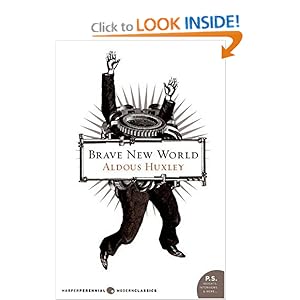- Aug 4, 2011
- 81,129
- 14,024
- 2,190
I thought you people wanted less people dependent on food stamps and medicaid.
Why would you not support free abortions for low income women?
Makes no sense.
Since progressives started promoting unmarried/underaged sex and abortions on demand, welfare rolls have EXPLODED.
So your argument is just a lie.










